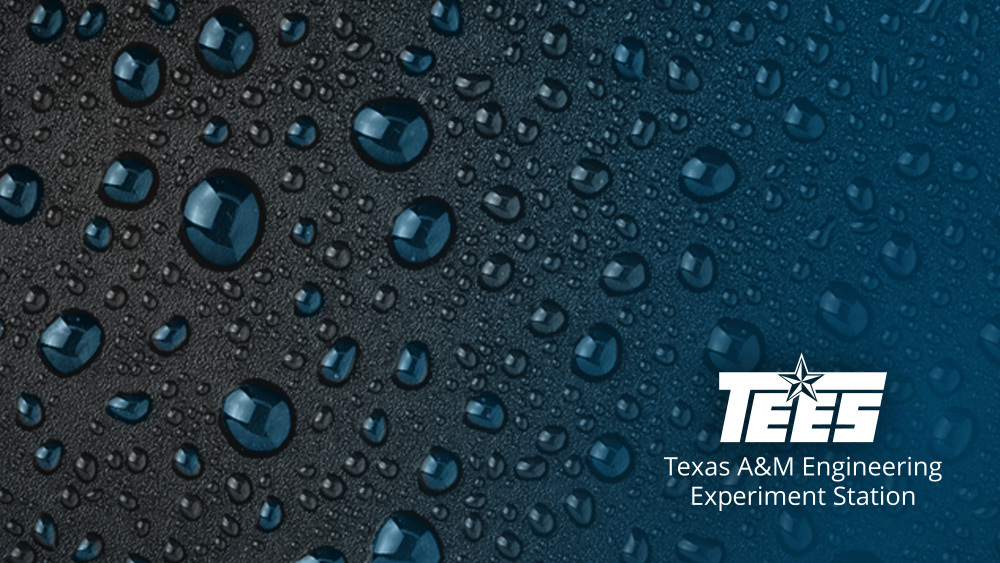
By seeking to understand how tiny droplets behave when subjected to high pressure and temperatures, Texas A&M University researchers could contribute to the development of more efficient engines for propulsion and energy production applications.
Their project, titled "Droplet Breakup and Vaporization Effects in High-Speed Liquid-Fueled Combustion," investigates how liquid droplets break up, vaporize and react in detonation waves, which may lead to better engine technologies.
"One day we may be able to use liquid-fueled detonation waves to power our commercial and military aircraft or to provide more efficient electric power generation," said Dr. Jacob McFarland. "Understanding how droplets break up can benefit us in other areas as well, such as delivering aerosolized medicines more efficiently, developing safer methods for destroying chemical or biological weapons, mitigating the spread of diseases through airborne droplets, and developing more efficient power generation and refrigeration technologies."
McFarland, associate professor in the J. Mike Walker '66 Department of Mechanical Engineering, is leading the research effort, for which he was recently awarded the 2020 Young Investigator Award from the United States Office of Naval Research.
Funding for the project began September 1 and is scheduled to continue for the three-year duration of the award.
While the rotating detonation engine — most commonly used in the propulsion of aircrafts and rockets — is the primary focus of the research, McFarland said advances in the technology could also benefit more conventional liquid-fueled engines as well as supersonic-combustion ramjet engines.
McFarland said the award is a great honor and opportunity for a young faculty member like himself and that he is excited for the life-long expertise it will help him build in this subject area.
"The project will support the development of a new liquid-fueled detonation tube facility and to purchase new instrumentation to allow us to image droplet breakup under these conditions for the first time," McFarland said. "It will also support the studies of a post-doctoral researcher and undergraduate researchers to train in this field of research."
